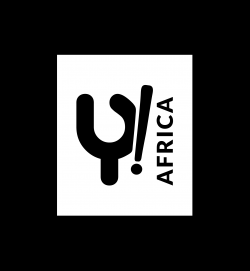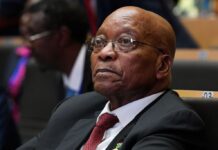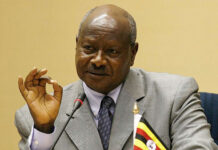The landlocked country in the Horn of Africa has approved a policy to introduce four new languages; taking the country’s official languages to five – when you add Amharic.
Going forward, Afan Oromo, the most widely spoken language in Ethiopia, Afar, Somali, and Tigrinya will all be adopted as official languages of government. The new policy is among a series of reforms being introduced by Ethiopia’s reformist prime minister Abiy Ahmed, who received the Nobel Peace Prize last year. It also comes just a month ahead of a national legislative election.
“Introducing additional working languages is a commendable action. In fact, it is long overdue“, says former political prisoner Befekadu Z. Hailu, who now heads the Centre for Advancement of Rights and Democracy in Ethiopia.
According to the latest census, Afan Oromo speakers account for 34.4% of the population, while Somali and Tigre speakers account for 6%. The share of Afar people is just 1.7%, and the Sidama and Wolayta each have twice as many people.
“Amharic (has) played a big role in facilitating communications among Ethiopians. But in order to build a society that is integrated both politically and economically, introducing new working languages is very important.” said Abiy in a statement. The new languages would play a big role in uniting the country and further improve cultural ties among Ethiopians.
A number of people have opinionated that under the Prosperity Party formerly the Ethiopian People’s Revolutionary Democratic Front, some regions have been allowed to use a local language as their working language, but there has been little diversity of the population at the national level. This has become increasingly important because of the growing instability in the country along political and ethnic lines.
In the past year there have been nervous reports of people killed as a result of ethnic conflicts, resulting in the displacement of more than million people according to the International Organisation for Migration Displacement Tracking.
The Oromo Liberation Front (OLF), a political party that was once labeled as a terrorist group, had a wait-and-see reaction. “We still doubt the execution of the new policy and how is it going to be put into practice,” it said in a statement.






